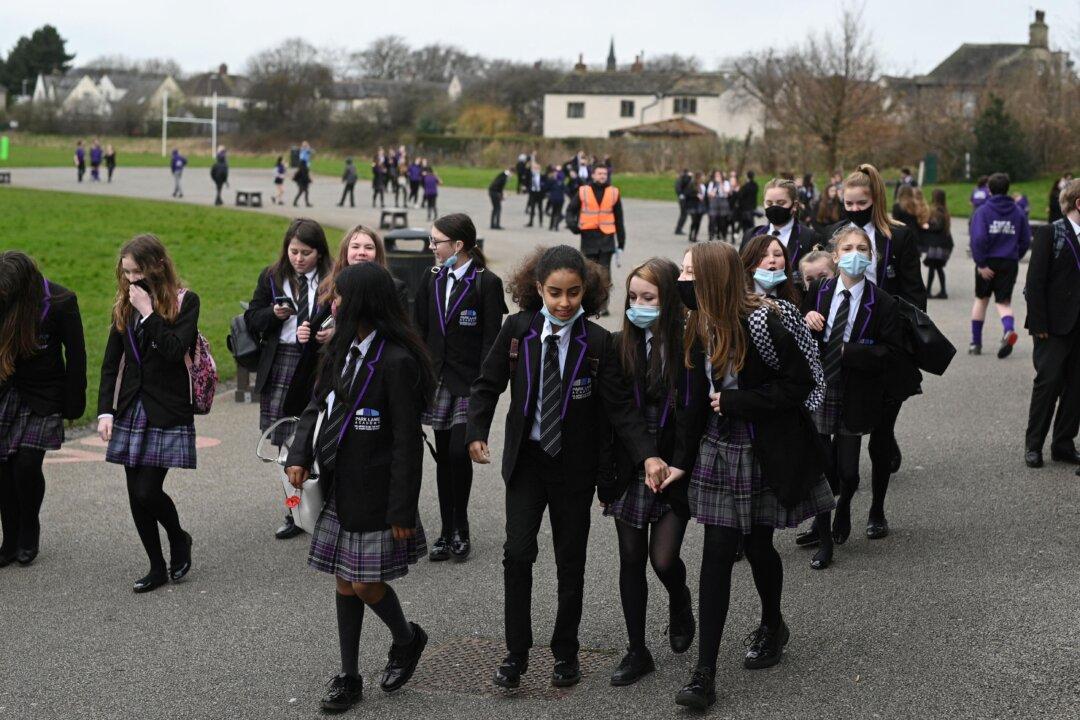News Analysis
Chinese affiliates of British schools are not upholding values such as democracy and human rights. They likely influence British classrooms more than the opposite.

Chinese affiliates of British schools are not upholding values such as democracy and human rights. They likely influence British classrooms more than the opposite.